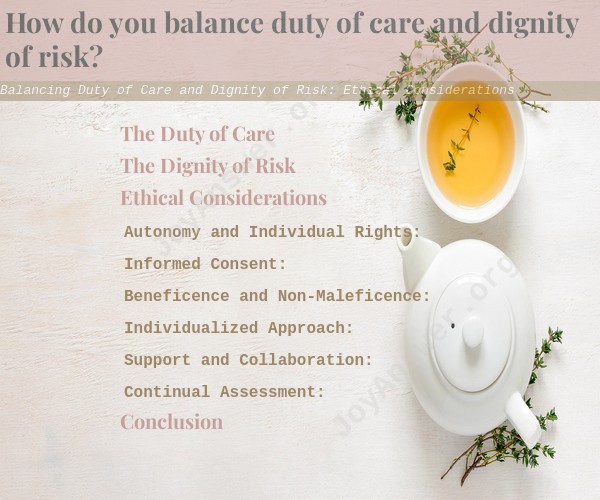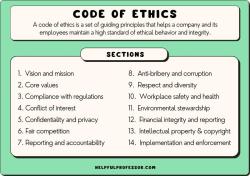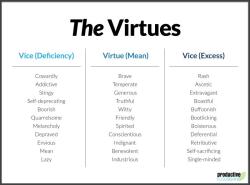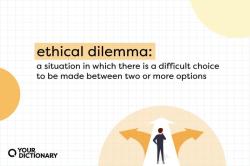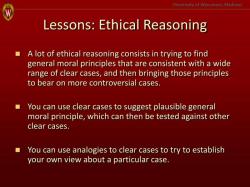How do you balance duty of care and dignity of risk?
When providing care and support to individuals, especially those with disabilities or vulnerable conditions, there is an ethical dilemma in balancing duty of care with the concept of dignity of risk. Duty of care refers to the legal and moral obligation to ensure the safety and well-being of those under one's care. On the other hand, dignity of risk emphasizes the individual's right to make their own choices and take reasonable risks, even if there is a chance of harm. Striking the right balance between these principles requires careful ethical considerations.
The Duty of Care
Healthcare professionals, caregivers, and service providers have a duty of care to protect their clients or patients from harm and provide a safe environment. This duty is grounded in ethical principles and legal responsibilities. It involves taking reasonable precautions to prevent accidents, injuries, or neglect and providing appropriate care based on professional standards.
The Dignity of Risk
Dignity of risk is a concept that acknowledges the inherent right of individuals to make choices, take risks, and have control over their own lives. It recognizes that, like anyone else, people with disabilities or vulnerabilities should have the freedom to make decisions that affect their well-being and quality of life, even if those decisions involve some level of risk. Embracing dignity of risk promotes autonomy, self-determination, and respect for the individual's preferences and values.
Ethical Considerations
When balancing duty of care and dignity of risk, several ethical considerations come into play:
- Autonomy and Individual Rights: Respecting a person's autonomy means acknowledging their right to make decisions, provided they have the capacity to do so. Supporting individual rights is fundamental to ethical care.
- Informed Consent: Informed consent is crucial when individuals are making decisions that involve risks. Care providers should ensure that the person fully understands the potential consequences of their choices.
- Beneficence and Non-Maleficence: Balancing these principles involves weighing the potential benefits and risks of a particular decision and taking actions that maximize well-being while minimizing harm.
- Individualized Approach: Each person's situation is unique, and ethical decision-making requires considering the individual's values, preferences, and life circumstances.
- Support and Collaboration: Facilitating informed decision-making often involves collaborative efforts among the individual, caregivers, family members, and healthcare professionals.
- Continual Assessment: Ethical considerations should be ongoing, with regular reassessment of the individual's capacity, goals, and well-being.
Conclusion
Balancing duty of care and dignity of risk is a complex ethical challenge that requires sensitivity, compassion, and a commitment to upholding both safety and individual rights. Respecting autonomy, providing support, and engaging in open communication are essential in promoting ethical care practices that empower individuals while ensuring their well-being.
